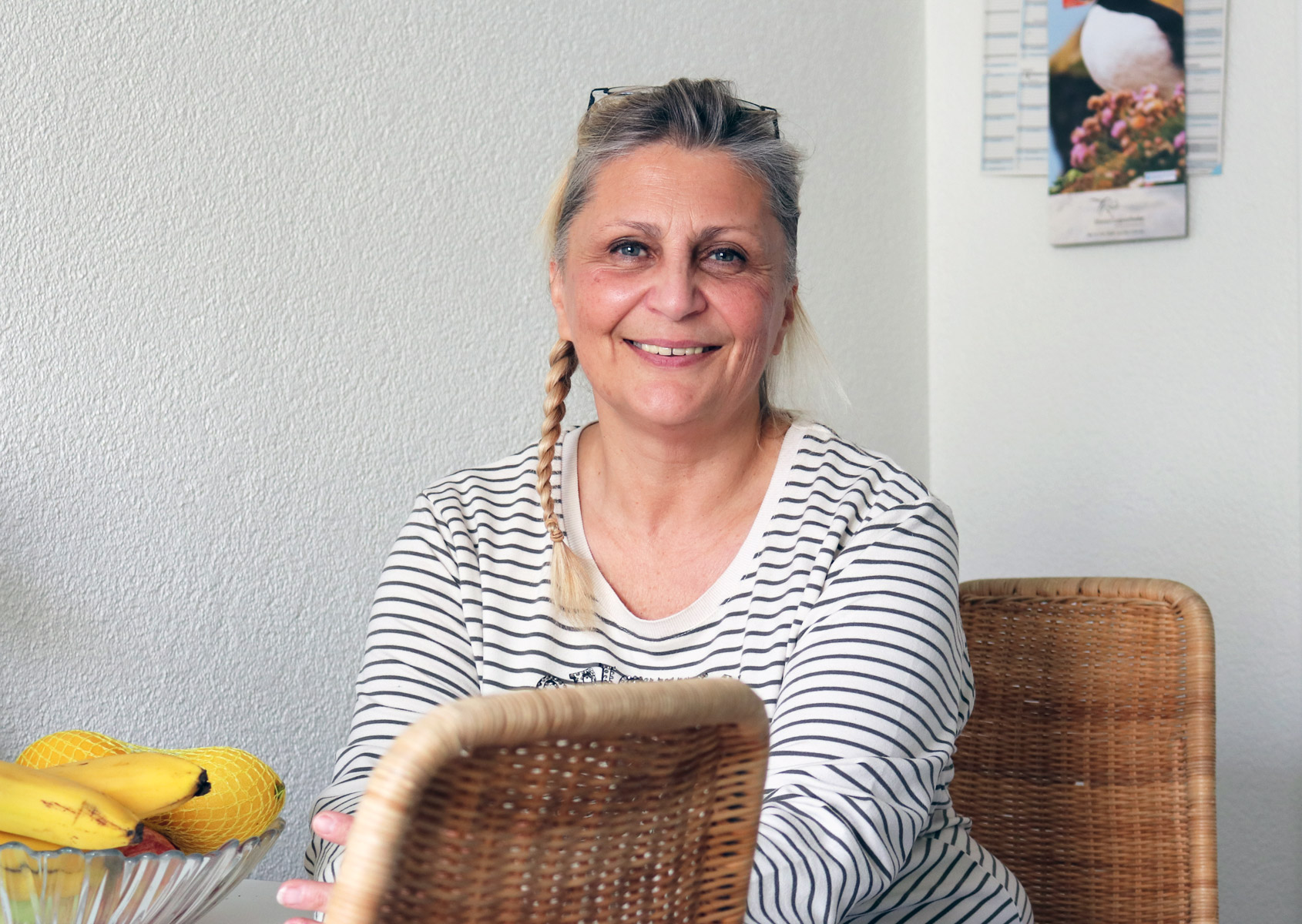“I don’t have any problem with sharing data with an AI chatbot”
It seems as though the whole world is talking about ChatGPT and artificial intelligence. And that includes our Customer Advisory Council. Jacqueline Salmon has been part of the conversation.
Chatbots have been around for a while. You often come across them on websites – and Sympany’s website is no exception. They can answer simple questions and help you find the information you’re looking for. They can also arrange for a human advisor to call you back when you reach a dead end with the digital advisor. If you’ve ever tried talking to a chatbot, you’ll know that happens quite a lot.
Next level – AI chatbots
Chatbots powered by artificial intelligence (AI) haven’t been around for as long. ChatGPT and Gemini are examples of this next generation. There’s so much hype surrounding them and they have huge potential. But they have plenty of critics too, usually raising issues surrounding data protection and confidentiality.
Artificial intelligence is a topic of conversation at Sympany too. Our specialists are working hard to investigate the potential opportunities in lab conditions. They’re experimenting and thinking of ways AI could help to digitalise our processes and make them even more efficient. One option is an AI chatbot on our website, which would act as a digital receptionist that could independently handle enquiries from customers.
Ask the Customer Advisory Council
The technology is there to make that happen. But are people ready to accept an AI chatbot? What experience and expectations do our customers have in this respect?
We discussed these questions and more with the members of our Customer Advisory Council. They also tested one of the new generation of chatbots that is readily available to the public.
By the end of the group discussion, we had a qualitative overview based on thoughts, opinions, preferences and experiences. That’s given us some starting points for our plans to introduce AI at Sympany in a way that balances what the technology can do with what the users are willing to accept. We’re also keeping in mind that, as a health insurance provider, we have a responsibility to use AI in a safe and responsible way that delivers added value to our customers.
Jacqueline Salmon is one member of the Customer Advisory Council who took part in the group discussion. She told us that she is modestly interested in all things digital. We asked Jacqueline four questions about chatbots and AI.

When did you last use a chatbot? And what did you use it for?
Jacqueline Salmon: I recently visited the website of an internet provider and used the chatbot. I hadn’t been on the website for ages and I was surprised by how much things had moved on in the past few years. The bot started off by asking me if I needed any assistance from a customer advisor. I didn’t think that was too bad. It used to be the case that you had to fight to actually talk to someone.
As part of the discussions, the Customer Advisory Council tested another insurance company’s AI chatbot. How did that go?
The AI chatbot managed to answer questions when they were short and specific. But it struggled beyond that. This shows us that we need to learn to be super specific with our requests when we’re using bots. I find it helpful when the bot leads the conversation and even suggests questions and answers.
Would you be willing to share sensitive data – like questions about your health – with an AI chatbot being used by your health insurance company?
Who decides that data is sensitive? I think everyone has their own thoughts on that. We’re already sharing so much of our data online and often aren’t really aware of the scope and scale. Personally, I don’t have any problem with sharing data with an AI chatbot being used by my health insurance company. After all, bots need certain data to be able to answer questions sensibly and offer the help required.
What place do you think AI will have in society in ten years?
Looking at the developments and improvements over the last two years, it’s likely that we’ll find it difficult to know whether we’re communicating with AI or another human in ten years’ time. That’s a positive development on so many levels. But it’s important that we don’t lose human interaction altogether.
Thank you for speaking to us, Jacqueline.
